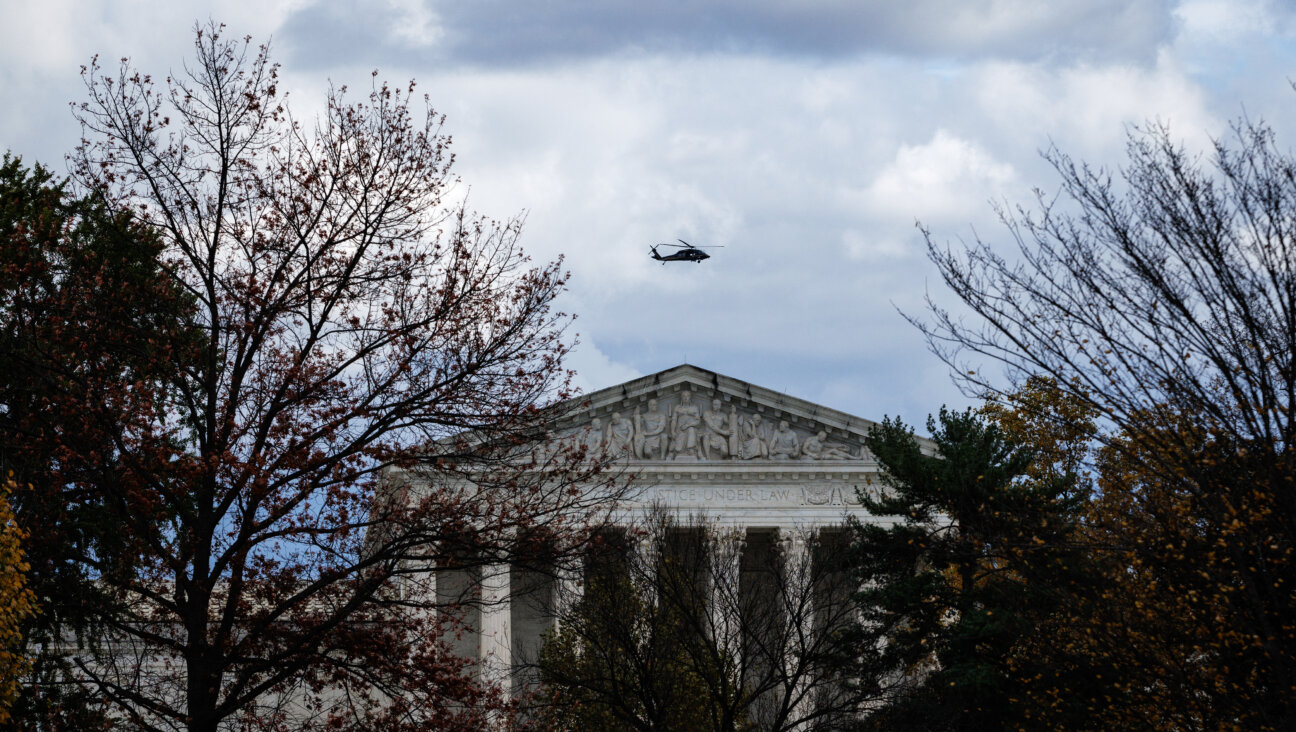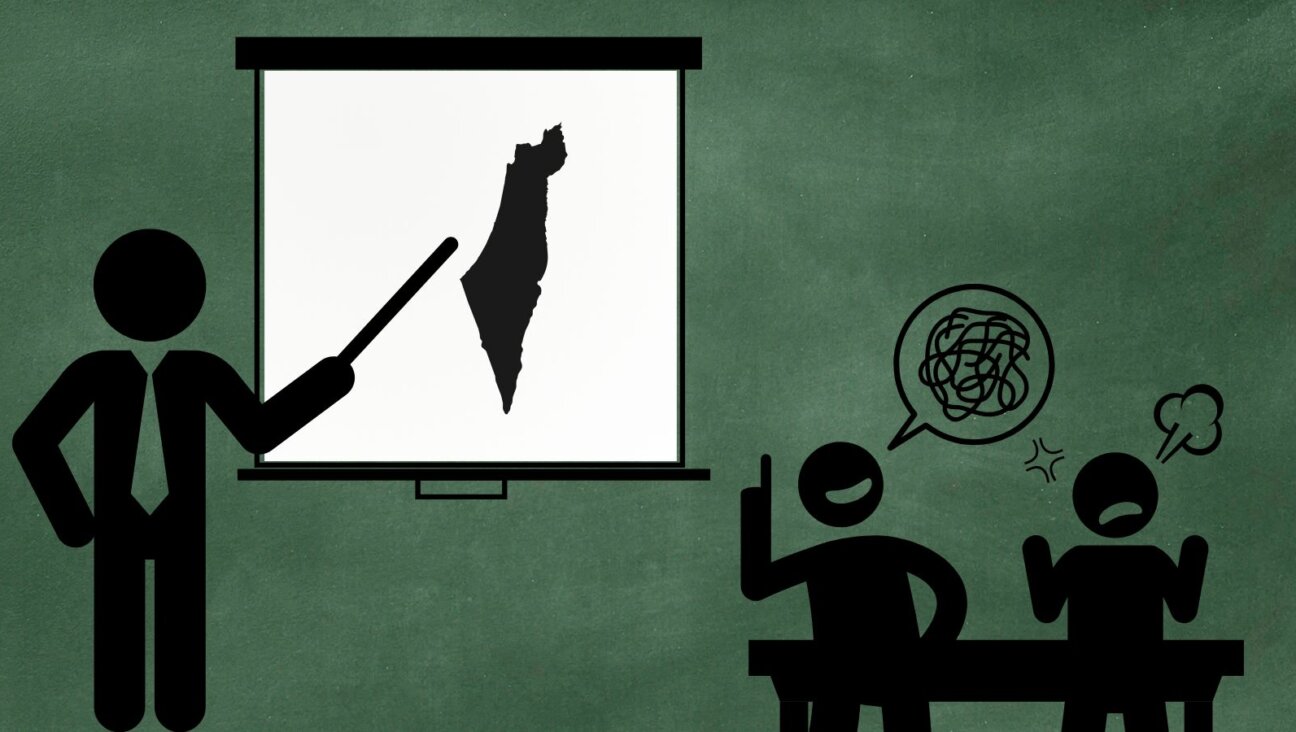Scholars From Around the Globe Toast Oz
In advance of the publication of his new memoir, “A Tale of Love and Darkness,” Amos Oz and his writing will be the subject of a three-day conference, a joint venture by the University of Pennsylvania and Ben-Gurion University of the Negev.
“Oz has just come out with one of the most important works written in Hebrew, or written in general, for our time,” said Nili Gold, professor of Hebrew literature at University of Pennsylvania and one of the driving forces behind the conference. Exploring the career of a man integral to the development of Israeli culture at large, the English release of “A Tale of Love and Darkness” is widely anticipated. Plus, she added, “Oz’s efforts on behalf of peace in the Middle East and his place on the short list for the Nobel Prize further confirmed my desire for such a conference to take place.”
The child of European immigrants to Israel, Oz grew up in middle-class Jerusalem in the years before independence. Following the suicide of his mother, Oz moved to Kibbutz Hulda and soon after began to publish his short stories. From the start, he was, in some ways, a revolutionary writer. He employed a diverse set of characters, including many of the marginalized voices in Israeli society, and since then repeatedly has confronted his readers with the weaknesses inherent in human nature.
“Oz is a member of the first generation of authors to begin writing in independent Israel,” Gold explained. “[He] rebelled against the fathers of Israeli literature and against the pioneer ideological kibbutz, and collective positivistic national sensibilities. Rather he concentrates on the inner world, the individual, and psychological drama, thus widening the gamut and bringing Israeli literature to previously unexplored territories.”
One of his most celebrated works, “My Michael” exposes the banality experienced by an Israeli housewife and the delusion she suffers as she struggles to maintain a grip on reality. Inherently linked with the land of Israel, Oz considers the frailty and weaknesses of its people, as well, alongside their devotion to the realization of Zionist ideals.
Beginning in 1967, Oz also emerged as a prominent figure in the movement to achieve peace with the Palestinians by linking literature and politics to affect positive dialogue.
“There’s the Shakespeare tradition of resolving a tragedy with the stage hewed with dead bodies, and justice of sorts prevails. But there is also the Chekhov tradition,” Oz said in a 2002 interview. “In the conclusion of the tragedy by Chekhov, everyone is disappointed, disillusioned, embittered, heartbroken, but alive. And my colleagues and I have been working, trying… not to find the sentimental happy ending, a brotherly love, a sudden honeymoon to the Israeli-Palestinian tragedy, but a Chekhovian ending, which means clenched teeth compromise.”
Conference panels include “The Calling of the Writer in ‘A Tale of Love and Darkness,’” by Robert Alter, University of California, Berkeley; “Between Mother and Father or Between Oedipus and Jesus: Revisiting ‘The Hill of the Evil Counsel,’” with Avraham Balaban, University of Florida; “Jerusalem as a Metaphor in ‘My Michael’ and in ‘A Tale of Love and Darkness,’” Haim Be’er, Ben-Gurion University of the Negev; and a reading by Oz himself, from “A Tale of Love and Darkness.”
A message from our CEO & publisher Rachel Fishman Feddersen

I hope you appreciated this article. Before you go, I’d like to ask you to please support the Forward’s award-winning, nonprofit journalism during this critical time.
We’ve set a goal to raise $260,000 by December 31. That’s an ambitious goal, but one that will give us the resources we need to invest in the high quality news, opinion, analysis and cultural coverage that isn’t available anywhere else.
If you feel inspired to make an impact, now is the time to give something back. Join us as a member at your most generous level.
— Rachel Fishman Feddersen, Publisher and CEO























